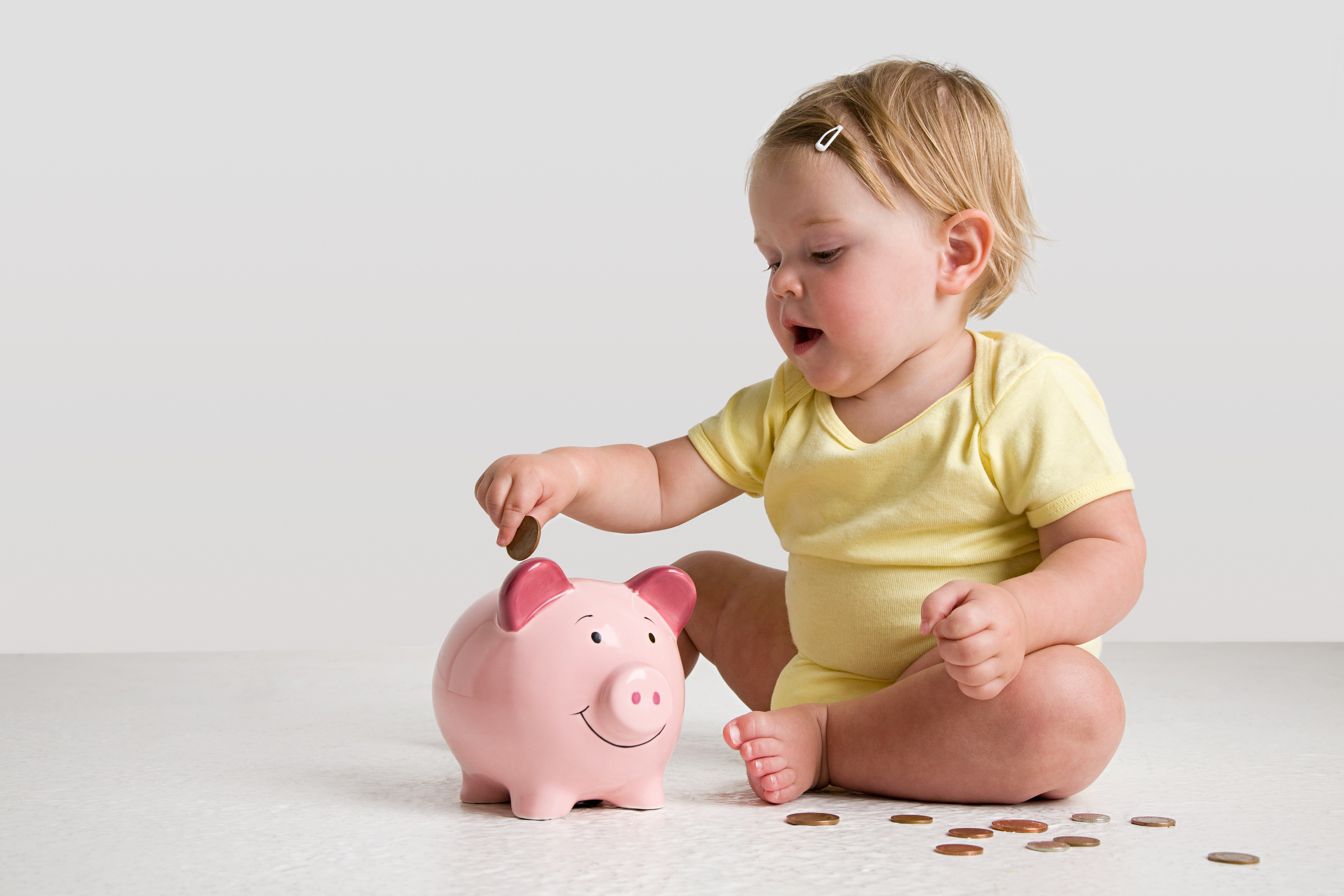All changes since 2007

Since the introduction of parental allowance in 2007, there have been reforms from 2011 onwards. For example yourself Calculation changed, also the parental allowance for top earners was abolished.
Below is an overview of all parental allowance reforms:
Parental allowance Reforms as of July 1st, 2015 – ElterngeldPlus and improved parental leave
The ElterngeldPlus was introduced in 2015. Parents have since been able to choose between the "normal" parental allowance (basic parental allowance) and the new ElterngeldPlus. ElterngeldPlus is aimed primarily at parents who want to continue working part-time in addition to childcare. In the ElterngeldPlus, parents will have up to 32 months of parental benefit in the future.
It was also decided that parental leave could in future be divided into up to three – instead of just two – blocks. And: Between the third and eighth birthday of the child, parents can now take up to 24 months of parental leave.
Parental allowance reform as of 01/01/2015 – No more double parental allowance for multiple births
The parental allowance was available per child until 2015. However, this was changed in early 2015. Parental allowance is no longer paid per child, but per birth. From now on there is a multiple bonus i. H. v. 300 euros per multiple child.
Parental allowance reform as of 01/01/2013 – Calculation based on gross income
For births from January 1st 2013, the parental allowance is no longer calculated according to the net income, but according to the gross income. From now on, the deduction amounts for social security and wage tax deduction will be made at a flat rate legal, Losses of up to over 100 euros per month.
Parental allowance reform 2011 – Change in parental allowance calculation
So far, the parental allowance was viewed at 67% of the most recently received average net salary, up to a maximum of 1,800 euros. This was changed in 2011: The 67% of the last net salary received now only receives parents who do not exceed 1,200 euros on average earned to have.
From an income of 1,200 euros, the parental allowance is reduced by 0.1% for every 2 euros that exceed 1,200 euros. If the income is 1,220 euros, there is a reduction of 1% (1,220 – 1200 = 20/2 = 10 * 0.1% = 1%). The maximum rate for parental allowance for income over 1,200 euros is 65% according to the new regulation. The maximum parental allowance is still 1,800 euros.
Parental allowance reform 2011 – No parental allowance for top earners
In 2011, parental allowance for top earners was also abolished. A top earner is someone who has taxable income of:
- 250,000 euros (single)
- 500,000 euros (married)
in the assessment period before the birth of the child.
Parental allowance reform 2011 – Parental allowance offset against social benefits
Until 2011, the minimum amount of parental allowance – also known as the “base amount” – of EUR 300 was not counted towards social benefits. Beneficiaries of social benefits, such as Hartz IV, have received the parental allowance in addition to their Hartz IV standard rate or when receiving a child supplement. Since the new regulation in 2011, the parental allowance base amount has been counted as income on the Hartz IV benefits. Conversely, for those affected, this means that they will no longer receive parental allowance in future, as this will be reduced again with the Hartz IV standard rate, social assistance and the child supplement.
Exception: Beneficiaries of social benefits who were employed before the birth of the child receive a “parental allowance allowance”. This is a maximum of 300 euros. In this case, the parental allowance is not counted towards social benefits such as Hartz IV, social assistance or child allowance.
Parental allowance reform 2011 – Only German or EU income is eligible
The previous regulation for parental benefit stipulated that every income – even if it was earned abroad – could serve as the assessment basis for parental benefit. From 2011, the rule applies that only income that has been taxed in Germany, the EU or Switzerland will be used to calculate the parental allowance.
January 01, 2007 – The parental allowance comes into force
The Federal Parental Allowance and Parental Leave Act came into force on January 1st, 2007 for all births. The parental allowance has since replaced the child-raising allowance.
RELATED ITEMS
-

Parental allowance in parental leave: entitlement and amount – employment law 2020
The love between two people is visible through a baby. With a birth, many couples fulfill the great wish of a family. But…
-

Parental allowance – child benefit
How to see through the jungle of subsidies Parents are entitled to various state social benefits from the birth of their child, e.g. on child benefit…
-

Parental allowance entitlement – what are the requirements??
Requirements for entitlement to parental benefit All parents in Germany who mostly look after their child for the first 14 months of life can start from…
-

Birth, child benefit and parental benefit: eight weeks of processing time – and bureaucracy for life
Birth, child benefit and parental benefit Welcome to the country of bureaucracy! Administrative act 3: at the health insurance company It is pretty quick there, even though the…
